
Honey & Mumford Learning Styles
In 1986 Honey & Mumford put forward the idea of four different Learning Styles – Activist, Reflector, Theorist & Pragmatist, and described how they each behave. […]

In 1986 Honey & Mumford put forward the idea of four different Learning Styles – Activist, Reflector, Theorist & Pragmatist, and described how they each behave. […]

Street Wisdom is a wanderful combination of walking, mindfulness and inquiry question, which really appeals, because it is inherently playful in its approach. […]

Motivation is a important research area, in many social science fields including psychology.The ‘how-to’ of creating immersion, has to be carefully considered. […]
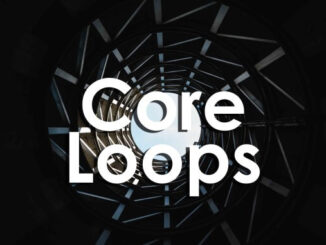
The core loop is the primary game system or mechanic which defines your game – the element of the game that players remember most or engage with most often. […]

How do the use of game mechanics relate to learner engagement in the context of serious games? Does more game experience necessarily mean greater engagement? […]
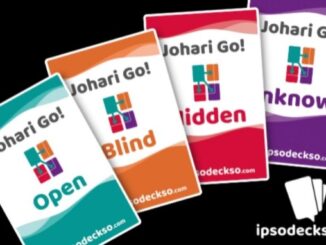
This time we are getting a few tips on how to use one of the decks, the Johari Go! Deck, to facilitate members of teams to get to know one another. […]

Our third Ludogogy podcast guest is Elizabeth Hargrave! Often inspired by a love of nature, and perhaps best known for Wingspan, her award-winning first game. Its innovative central mechanic, Engine Building, makes it perfect for our monthly them of ‘Engines’.

Systems compound and this type of thinking, invest extra resources into a system,
benefitting us in the long run, is done in games through ‘engine’ mechanisms. […]

This article looks at the use of game mechanisms in learning applications to support pedagogical goals such as outcomes, motivation, percerptions and engagement. […]
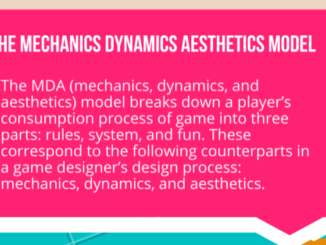
The MDA model breaks down a player’s consumption of the game into three parts, rules, system and fun. These correspond to Mechanics, Dynamics and Aesthetics […]
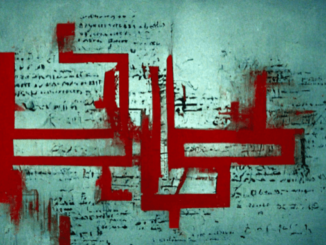
The need to find meaning has given us religious beliefs, creation myths and the scientific method, and many other staggering examples of creative imagination. […]
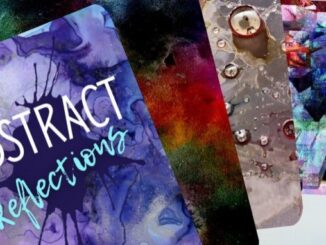
Ipsodeckso is is going to be of considerable interest to facilitators and coaches. It contains a number of great decks already and the ability to add your own […]

Educational games are designed explictly for education, whereas games-based learning claims that play and learning are the same
[…]
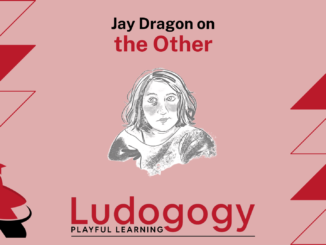
Our second guest is Jay Dragon, who has been creating and publishing innovative games and building Possum Creek Games into a force to be reckoned with in the tabletop games world.

The ‘Magic Circle’ of games enables many things. One that is important, from a learning perspective, is the opportunity to step into the shoes of other people. […]
Ludogogy 2025